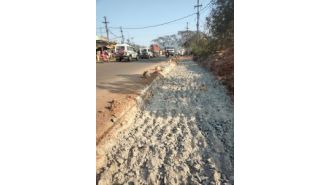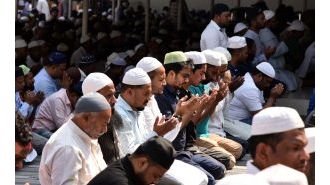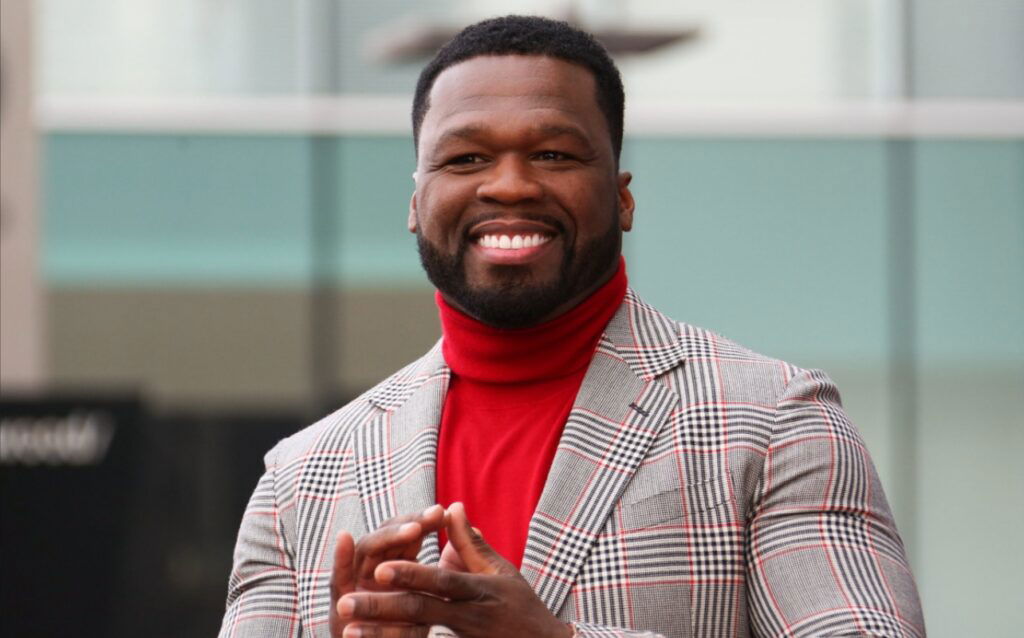Denver's mayor admits defeat in passing a sales tax for affordable housing.
The measure was ultimately rejected with 51% of city ballots counted, despite gaining support in later returns after Tuesday's election.

Early Saturday morning, Denver Mayor Mike Johnston and supporters of Ballot Issue 2R, a proposed sales tax increase to fund affordable housing investments and programs, accepted the measure's narrow defeat. Despite making up ground in later returns, the latest results from the Denver Elections Division on Friday evening showed that 51% of city ballots counted so far had rejected the measure. This was a slight improvement from the preliminary results on Tuesday, where the rejection rate was 52.2%. It was evident that voters who cast their ballots on Election Day were more supportive of the tax measure, as their votes were more likely to be processed on subsequent days.
However, with an estimated 30,000 ballots still left to be counted, 2R was still trailing by 6,145 votes. In a statement released at 5:59 a.m. on Saturday, the mayor acknowledged that the deficit was too steep to overcome. He expressed gratitude towards the council members, housing advocates, and community leaders who took on the challenge of addressing the city's affordability crisis. Although the measure fell short by a narrow margin, the mayor emphasized that it was a testament to the need to confront rising housing costs in Denver. He also stated that 2R was not the only solution available and that he would continue to seek new solutions.
According to a recent assessment by the Denver Regional Council of Governments, the city would need to build or preserve 44,000 units of affordable housing over the next decade to meet demand. However, with the current rate of financing, only 19,000 units are projected to be produced. This was the driving force behind the tax initiative, which aimed to raise an estimated $100 million per year initially and grow with the economy over its 40-year lifespan. Johnston and his supporters saw it as a long-term funding source that could turn the tide on Denver's affordable housing shortage.
Despite the support from groups such as the Colorado Coalition for the Homeless, the Colorado Hotel and Lodging Association, and the Mile High United Way, the record sales tax increase could not be sold to the majority of voters. The City Council's Housing and Homelessness Working Group had planned to discuss the first-year spending plans for 2R revenue next week, but the schedule was changed to a more general discussion on topics related to housing and homelessness.
In recent years, Denver voters have supported sales tax increases for various priorities, including the city's Homelessness Resolution Fund and the Parks Legacy Fund. However, neighboring Adams County did not see the same success with their proposed affordable housing sales tax increase. County Ballot Issue 1A, which aimed to raise the countywide sales tax rate by 0.15%, was overwhelmingly rejected by voters with only 30% support. This measure would have allowed the county to add 6,000 affordable housing units over the next 20 years.
In contrast, Denver Ballot Issue 2Q, a 0.34% sales tax increase to support the city's social safety net hospital, passed with 56% of the vote. In a victory statement, Denver Health CEO Donna Lynne expressed gratitude to the Denver community for recognizing the importance of protecting healthcare access for all. As the ballots continue to be counted, stay updated with Colorado Politics by signing up for their weekly newsletter, The Spot.










